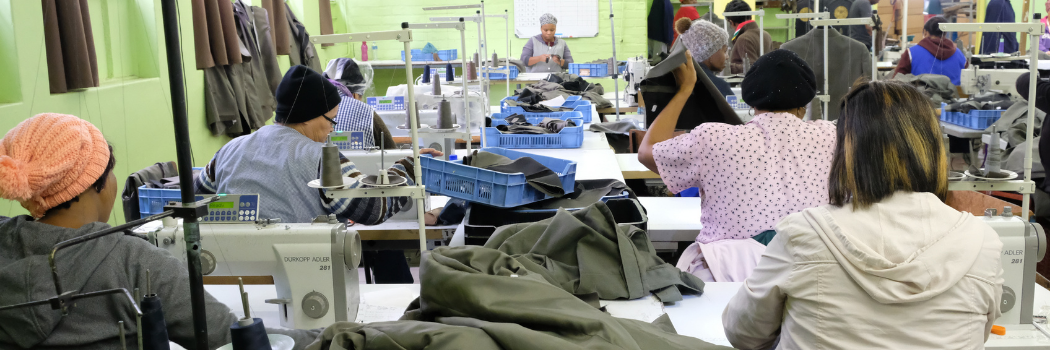Tackling unacceptable work through global policy

Pioneering research by our world-renowned Law School has directly influenced global and domestic legal policy on unacceptable forms of work.
Professor Deirdre McCann’s impactful research has changed the shape of legal regulation and policy relevant to the global labour force in low-waged and insecure work, around 1.4 billion workers.
A Multidimensional Model
Drawing on Professor McCann’s extensive research on precarious work and labour standards in low-income countries, a Multidimensional Model of unacceptable forms of work was developed.
The overarching objective of the model is to integrate effective regulation with global efforts to achieve the United Nation’s Sustainable Development Goal of decent work and economic growth.
The model allows policy-makers to identify key features of unacceptable work such as low wages, long hours, underemployment etc. and the magnitude of these risks.
It also highlights effective regulatory interventions and has been designed to be globally-applicable.
Shaping global policies
Researchers and stakeholders from more than 25 countries in the Economic and Social Research Council Strategic Network on Legal Regulation of Unacceptable Forms of Work led by Professor McCann drew on the Multidimensional Model to map research and policy strategies on key regulatory challenges to effective labour regulation.
The Unacceptable Forms of Work project made a core contribution to the United Nations legal policy through the work of the International Labour Organization.
The pioneering research has had a crucial influence at the country-level by providing a framework for effective interventions on unacceptable work in Benin, Bolivia, Brazil, Costa Rica, India, Malawi, Morocco, Pakistan, Pacific Island countries, southern Africa, Thailand and Uzbekistan.
Additionally, the research has influenced employment policy in China, Indonesia, Mozambique, the Philippines, South Africa, and Uganda and policy and legal reforms on insecure work and gender equality in Australia.
Find out more
- Learn more about the work of Deirdre McCann, Professor in Durham Law School and her research on unacceptable work.
- Read journal articles on a multidimensional model of unacceptable forms of work, a strategic approach to regulating unacceptable forms of work, informalisation in international labour regulation policy, equality through precarious work regulation and a framed flexibility model for domestic work.
- Interested in studying at Durham? Explore undergraduate and postgraduate courses in Durham Law School.


/prod01/prodbucket01/media/durham-university/external-location-photography-/city-shots-/82922-1-1920X290.jpg)
